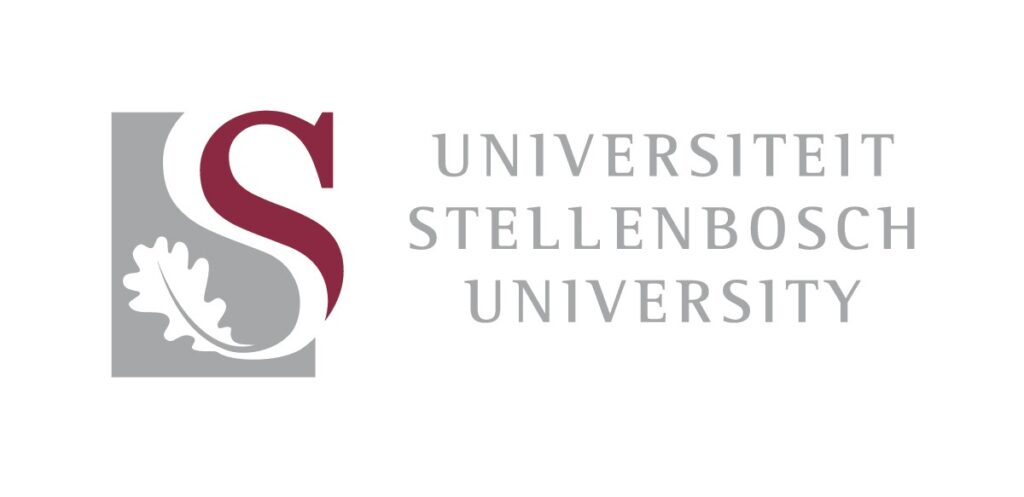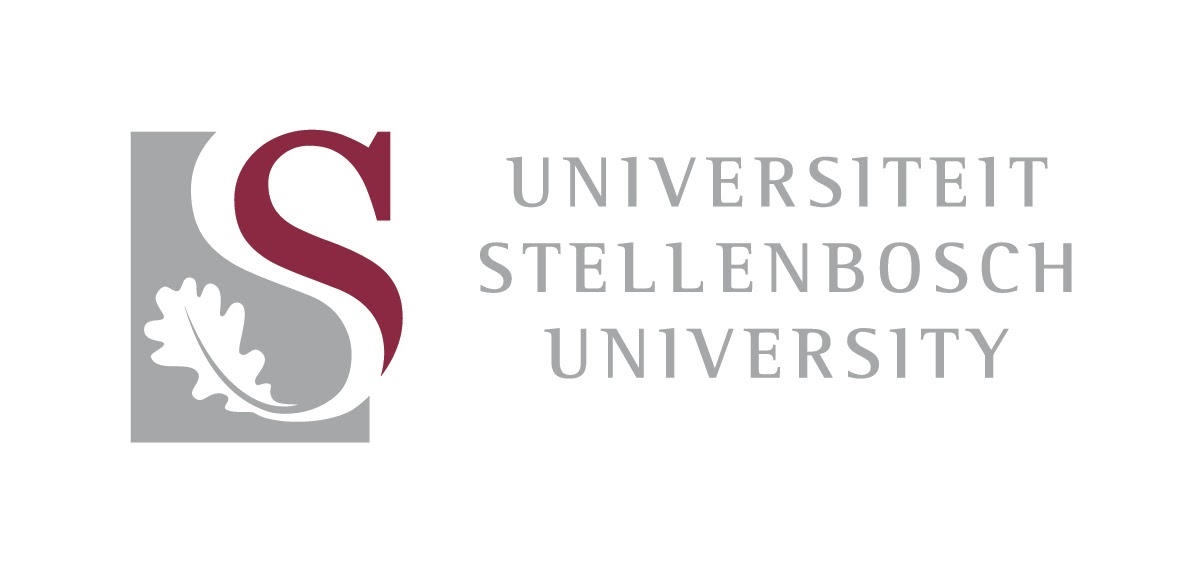Securing Crucial Funding: A Guide to SU Bursary Applications
Pursuing tertiary studies can be an expensive undertaking. Thankfully, Stellenbosch University (SU) offers a range of invaluable bursary and financial aid options. In this comprehensive guide, I explore the ins and outs of navigating the SU funding landscape and crafting water-tight bursary applications.

ALSO SEE:
How Much Do Bursaries Pay In South Africa?
Online Courses Funded By NSFAS
NSFAS Application 2024 Is Now Open: Apply Now!
Overview of SU Bursaries Landscape
SU facilitates diverse bursary and funding opportunities to empower students facing financial constraints. Backed by government, corporate sponsors and private donors, over R320 million is allocated annually.
From merit-based faculty awards to sweeping financial aid for disadvantaged students, SU strives to ensure money never dashes dreams. If you have the academic capability but not the backing, read on to uncover how to access funding.
Here’s an overview of the types of bursaries and funding available through SU:
NSFAS Financial Assistance
- For financially needy SA citizens
- Covers full cost of study
- Combination of loan and bursary
Gap Funding
- Top-up awards if NSFAS inadequate
- E.g. food, books, transport allowance
External Donor Bursaries
- 100s of bursaries for diverse fields
- Awarded based on criteria like academics, leadership, social conscience and financial need
Merit Bursaries
- For top academic performers * Competitive faculty-level awards
- Rewards excellence
**Postgraduate Funding **
- Research grants and scholarships
- Enables further study
With this range of options, financial difficulties need not halt SU dreams.
Step-By-Step Bursary Application Process
Here is a detailed walkthrough of the key steps involved in securing SU bursaries:
1. Research Funding Database
Your first step is browsing the SU Online Funding Database to identify potential awards.
Use filters to find bursaries aligned to:
- Field of study
- Degree type
- Academic year
Closely review listings and take notes on opportunities matching your circumstances and eligibility.
2. Evaluate Eligibility
Once you’ve compiled a list of prospects, assess if you meet all the eligibility criteria for each bursary, including:
- SA citizenship
- Academic performance thresholds
- Financial need requirements
- Specific diversity criteria
This helps verify which bursaries to actively pursue through application.
3. Prepare Documentation
Every bursary application requires various supporting documents, so prepare these ahead of time:
- Certified copy of ID
- Proof of university acceptance
- Latest academic transcripts
- Financial statements
- Reference letter
- Motivation letter
Thorough preparation prevents last-minute delays.
4. Complete Online Application
Access the SU Online Funding System and select your chosen bursaries. Provide all required info and upload supporting docs.
Apply early – the portal opens in July annually.
5. Check and Submit
Carefully review your application to ensure all sections completed, necessary docs included and submit BEFORE the cut-off date.
6. Await Outcome
Bursary decisions are generally communicated from November onwards.
7. Accept Award
If successful, sign acceptance of the bursary offer and its conditions.
This 7-step process summarizes the recommended bursary application methodology. Advance planning and diligent execution is key.
Crafting a Compelling Application
With so much funding competition, creating an exceptional, memorable bursary application is crucial.
Here are 8 proven tips:
Showcase Academics
- Highlight consistently excellent results
- Convey eagerness to keep excelling
Demonstrate Leadership
- Provide examples of demonstrating leadership attributes like integrity, vision and responsibility.
Share Your Passion
- Articulate what drives your enthusiasm for your chosen field of study
Align with Funder Values
- Ensure your goals and vision resonates with the donor’s priorities
Explain Financial Need
- Substantiate need by including income statements, payslips etc.
Get a Reference
- Ask lecturer, teacher or community leader to endorse your application.
Proofread Meticulously
- Avoid careless errors by reviewing carefully before submission
This advice will help your application leap off the page. Submit something you feel proud of.
Common Bursary FAQs
Here I address some frequently asked questions around SU bursaries:
What is the minimum academic requirement?
It depends on funding type but 60%+ average is fairly standard. Merit awards demand higher thresholds.
When do I apply?
The SU online portal opens for bursary applications in July annually. Final cut-off is end October.
Can I hold multiple bursaries?
Yes, you can hold several complementary bursaries provided all conditions are met. Declare supplementary awards upfront.
What happens if I fail a year?
You would unfortunately forfeit continued bursary support. But can reapply after resuming studies if exceptional circumstances caused the fail.
I trust these answers provide helpful clarification. Please reach out to SU directly for any other queries.
In Closing
I encourage every aspirant SU student facing financial constraints to thoroughly investigate bursary options. With hundreds of awards on offer, chances of relevant funding match are extremely favorable if applications are handled strategically. Do your research, demonstrate your worth confidently and take charge of unlocking your potential without money matters holding you back.
FAQs
What documents do NSFAS applications require?
NSFAS applications require your ID, parent/guardian payslips and bank statements, death certificates if applicable, and previous year academic results.
By when should new undergraduate students apply for bursaries?
Prospective first year students should apply as soon as the portal opens in July the year before your studies commence to optimize your chances.
Can international students get funding?
Limited dedicated funding exists for SADC and international students who meet eligibility criteria. Enquire directly with the SU International Office.
What happens if I get full NSFAS funding?
If you are approved for full NSFAS funding, you don’t need to apply for other internal SU funding as your study costs are fully covered.
I hope this empowers your bursary application efforts. Please contact CSC if any outstanding questions. Wish you the very best!

